 "ttyymmnn" (ttyymmnn)
"ttyymmnn" (ttyymmnn)
08/06/2018 at 12:35 • Filed to: wingspan, Planelopnik
 12
12
 26
26
 "ttyymmnn" (ttyymmnn)
"ttyymmnn" (ttyymmnn)
08/06/2018 at 12:35 • Filed to: wingspan, Planelopnik |  12 12
|  26 26 |
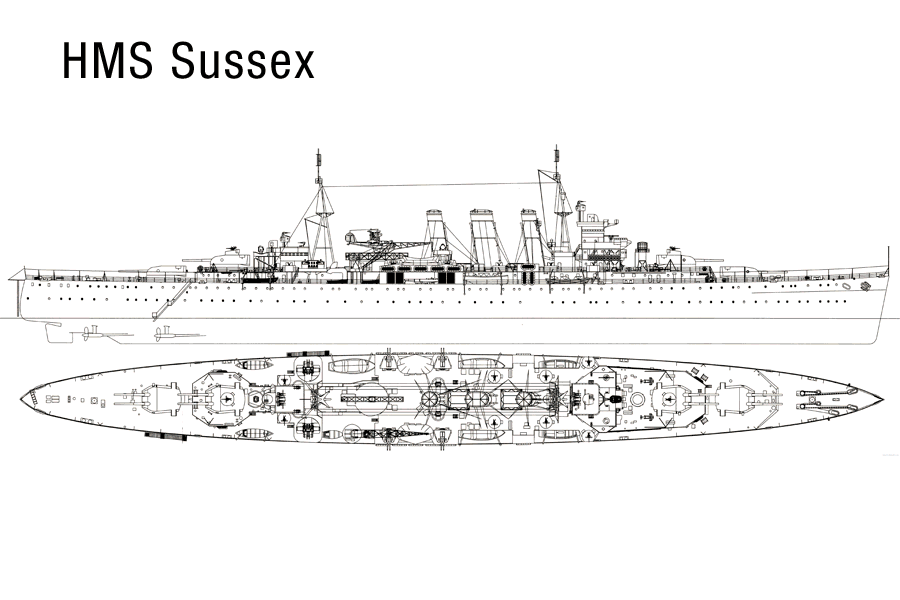 !!!CAPTION ERROR: MAY BE MULTI-LINE OR CONTAIN LINK!!!
!!!CAPTION ERROR: MAY BE MULTI-LINE OR CONTAIN LINK!!!
In much the same way a bird leaves a mark when it hits your window, a Japanese kamikaze left its mark on this Royal Navy heavy cruiser.
While operating in the Netherlands East Indies during WWII, !!!error: Indecipherable SUB-paragraph formatting!!! (96) was struck just above the waterline by a !!!error: Indecipherable SUB-paragraph formatting!!! “Sonia” dive bomber on July 26, 1945.
‘Twas but a scratch.
Sussex
sailed on and hosted the formal Japanese surrender that signaled the recapture of Singapore on September 5, 1945. The cruiser, which was laid down in 1927, was retired after the war, and broken up in 1950.
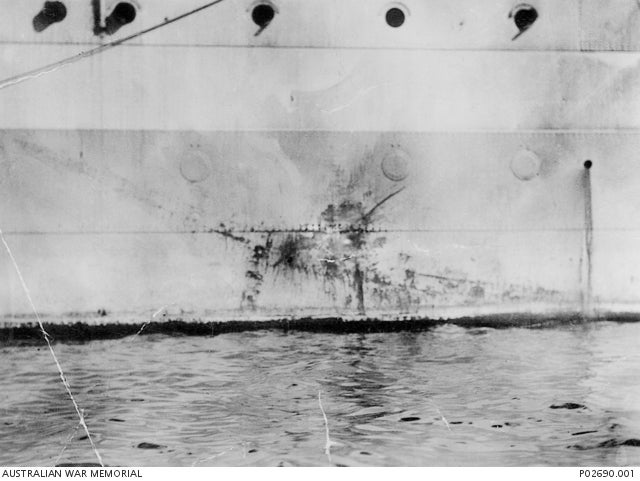
That left a mark.
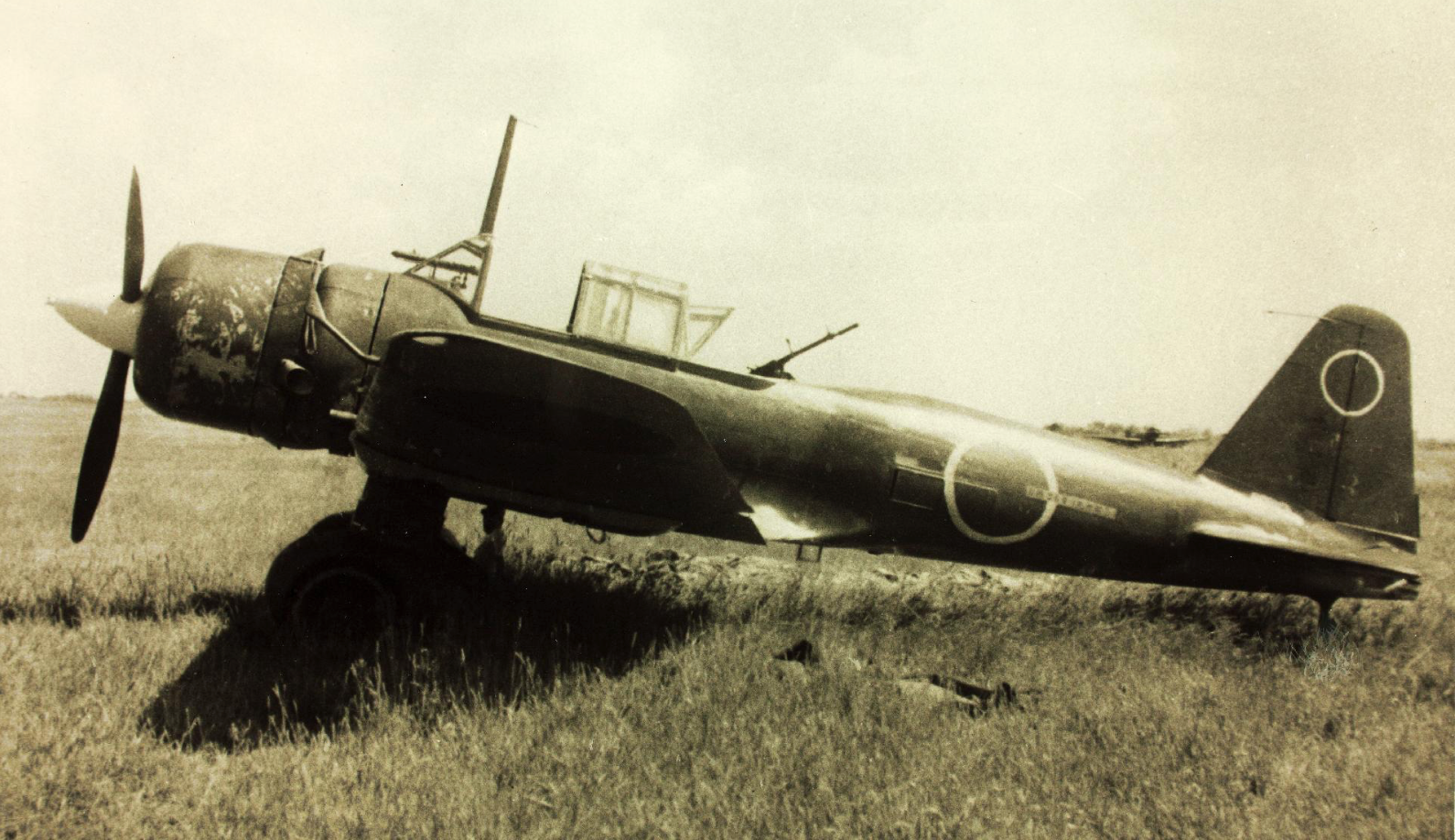
Mitsubishi Ki-51 “Sonia” (US Navy)
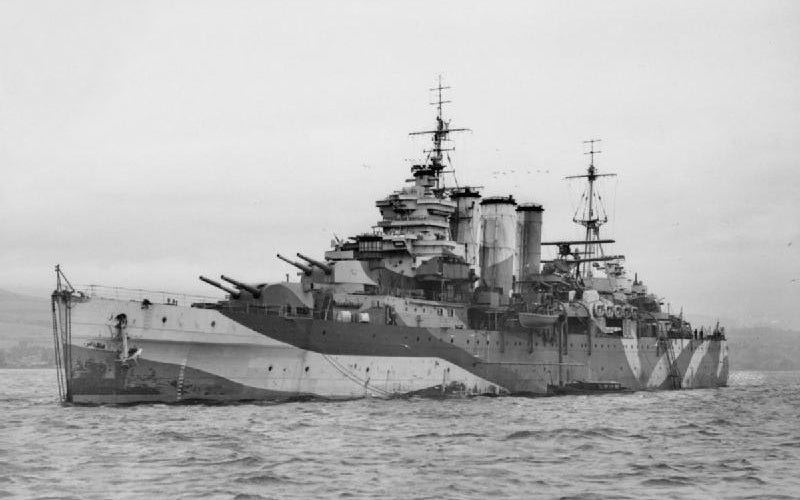 !!!CAPTION ERROR: MAY BE MULTI-LINE OR CONTAIN LINK!!!
!!!CAPTION ERROR: MAY BE MULTI-LINE OR CONTAIN LINK!!!
!!! UNKNOWN CONTENT TYPE !!!
For more stories about aviation, aviation history, aviators and airplane oddities, visit
!!!error: Indecipherable SUB-paragraph formatting!!!
.
!!! UNKNOWN CONTENT TYPE !!!
 Urambo Tauro
> ttyymmnn
Urambo Tauro
> ttyymmnn
08/06/2018 at 12:47 |
|
That’s pretty cool.
Reminds me of
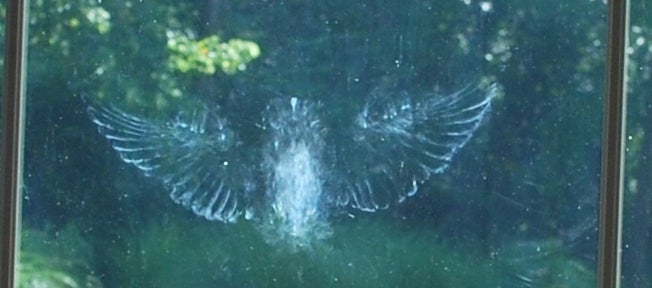
 ttyymmnn
> Urambo Tauro
ttyymmnn
> Urambo Tauro
08/06/2018 at 12:49 |
|
Exactly.
 Biggus Dickus (RevsBro)
> ttyymmnn
Biggus Dickus (RevsBro)
> ttyymmnn
08/06/2018 at 12:49 |
|
Ha. Let me fly my sheet metal plane directly into the main armor belt! That'll work!
 ttyymmnn
> Biggus Dickus (RevsBro)
ttyymmnn
> Biggus Dickus (RevsBro)
08/06/2018 at 12:51 |
|
Armour:
1 to 4 in magazine box protection,
1.375 in deck ,
1 in side-plating, turrets and bulkheads ,
4.5 in belt ,
4 internal boiler room sides (added 1936-1940).
( Wiki )
 RamblinRover Luxury-Yacht
> ttyymmnn
RamblinRover Luxury-Yacht
> ttyymmnn
08/06/2018 at 12:57 |
|
I read somewhere recently that the Iowa class would be surprisingly resilient against anti-ship missile attack, for the reason that so few modern warships have substantial
armor belting and so few missiles are designed to be capable against it. Also, that the Iowa armor was so ridiculously thick and hardened.
 ttyymmnn
> RamblinRover Luxury-Yacht
ttyymmnn
> RamblinRover Luxury-Yacht
08/06/2018 at 13:00 |
|
Wouldn’t surprise me a bit. Sussex’s belt armor (armour?) was 4.5" thick. The Iowa -class belt was 12" thick. Aren’t most ships made of aluminum these days anyway?
 MasterMario - Keeper of the V8s
> RamblinRover Luxury-Yacht
MasterMario - Keeper of the V8s
> RamblinRover Luxury-Yacht
08/06/2018 at 13:01 |
|
Bring back the battleships!
 RamblinRover Luxury-Yacht
> ttyymmnn
RamblinRover Luxury-Yacht
> ttyymmnn
08/06/2018 at 13:02 |
|
Something like that.
 4muddyfeet - bare knuckle with an EZ30
> ttyymmnn
4muddyfeet - bare knuckle with an EZ30
> ttyymmnn
08/06/2018 at 13:45 |
|
That's remarkable. And I have remarked.
 wkiernan
> Biggus Dickus (RevsBro)
wkiernan
> Biggus Dickus (RevsBro)
08/06/2018 at 14:52 |
|
If the bomb he was carrying - certai
nl
y a kamikazi would have been carrying a bomb -
had not failed to go off, I am sure there would have
been
a lot more damage.
 Highlander-Datsuns are Forever
> ttyymmnn
Highlander-Datsuns are Forever
> ttyymmnn
08/06/2018 at 15:32 |
|
By the end of the war:

 Biggus Dickus (RevsBro)
> wkiernan
Biggus Dickus (RevsBro)
> wkiernan
08/06/2018 at 16:36 |
|
I doubt a high explosive bomb would do significant damage to a 4.5in armor belt. Plus, the bomb wont arm until dropped.
 ranwhenparked
> ttyymmnn
ranwhenparked
> ttyymmnn
08/06/2018 at 20:03 |
|
Not really, the Ticonderoga class has an aluminum superstructure, but most US Navy vessels are all steel - the British ships that burned in the Falklands and the USN’s troubles with fatigue cracking later in the decade both kind of put them off on aluminum for awhile.
The Freedom and Independence class littoral combat ships represent a gradual return to aluminum use. The Freedom class ships have an aluminum superstructure, while the Independence class is the first to be all-aluminum (hull and superstructure).
 ttyymmnn
> ranwhenparked
ttyymmnn
> ranwhenparked
08/06/2018 at 20:13 |
|
Thanks. I remember Sheffield well.
 gmporschenut also a fan of hondas
> Highlander-Datsuns are Forever
gmporschenut also a fan of hondas
> Highlander-Datsuns are Forever
08/06/2018 at 21:31 |
|
Japan didn’t place a high priority on returning pilots to train new ones. They just kept their best pilots out until attrition took their toll. It is one reason a handful of japanese pilots had crazy high kill counts.
 gmporschenut also a fan of hondas
> RamblinRover Luxury-Yacht
gmporschenut also a fan of hondas
> RamblinRover Luxury-Yacht
08/06/2018 at 21:42 |
|
Though it has substantial armor, in the belt, turrets and citidel, a major weakness in modern ships is the potection against torpedos. back in ww2 torpedos simply crashed into the side. moden ones are designed to dive right before impact and explode under the center keel where there is less armor, cracking the hull.
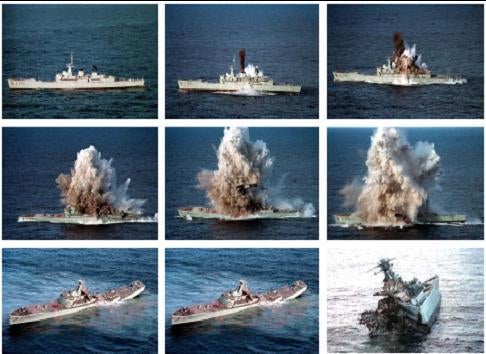
carries can reduce this risk by deploying helicopters in a wide radius to protect.
 PatBateman
> ttyymmnn
PatBateman
> ttyymmnn
08/06/2018 at 21:57 |
|
Bonk.
 ttyymmnn
> PatBateman
ttyymmnn
> PatBateman
08/06/2018 at 21:58 |
|
Bee g bada bonk!
 PatBateman
> ttyymmnn
PatBateman
> ttyymmnn
08/06/2018 at 22:02 |
|

 ttyymmnn
> PatBateman
ttyymmnn
> PatBateman
08/06/2018 at 22:18 |
|
I love that movie. I finally saw Valerian the other day. I wish I had seen it on the big screen, because, like all Luc Bes son movies, it was visually stunning. The leads looked great, but my god, the acting was horrible. Maybe because they were acting in front of a green screen, but there was zero chemistry. The whole love interest thing fell flat, and when the two of them finally got together at the end the payoff just wasn’t there. I’m beginning to think that Besson needs to do what George Lucas did: find another person to direct his films. Empire Strikes Back was the best of the bunch, and it wasn’t directed by Lucas.
 oldmxer
> ttyymmnn
oldmxer
> ttyymmnn
08/06/2018 at 22:26 |
|
i guess they forgot to arm the bomb?
 PatBateman
> ttyymmnn
PatBateman
> ttyymmnn
08/06/2018 at 22:42 |
|
I’m glad it isn’t just me, because I loved the CONCEPT of Valerian, but the acting was horrible. We’re the characters supposed to be borderline void of emotion? That’s what I felt like I was watching: androids who hadn’t had their emotion chip installed. Hell, Data had more emotion than the main characters most of the time.
 ttyymmnn
> PatBateman
ttyymmnn
> PatBateman
08/06/2018 at 23:06 |
|
In many ways, it was just a remake of 5th Element, with love winning the day. This image alone was worth the price of admission. Luc Besson has a fantastic eye for this sort of thing. If he could only get people to act.

 ttyymmnn
> oldmxer
ttyymmnn
> oldmxer
08/06/2018 at 23:09 |
|
The Sonia was a dive bomber, so he may have been out of bombs. By that stage, five weeks before the end of the war, he may not have had any bombs at all.
 ttyymmnn
> oldmxer
ttyymmnn
> oldmxer
08/06/2018 at 23:10 |
|
And, even then, the armor is 4.5" thick at that point. The bomb might not have even been able to pierce it.
 RamblinRover Luxury-Yacht
> gmporschenut also a fan of hondas
RamblinRover Luxury-Yacht
> gmporschenut also a fan of hondas
08/07/2018 at 09:20 |
|
The supercarrier
Shinano
which was converted from a sister ship of
Yamato
was guarded against the torpedoes of the day by a concrete-walled buffer space below the water line. US torpedoes of the time were rife with guidance, activation, and fuse problems, such that magnetic fusing often failed and they often ran too deep. The US sub
Archer-fish
attacked it with the knowledge that the torpedoes had these problems, and set torpedoes to run shallow so they wouldn’t miss
- with the result that several hit *above the buffer* and split
Shinano
lengthwise along a seam near the waterline. The poor fusing meant that one of the fish crashed into an engine room *and then* exploded. Scratch one flat-top.
A proximity hit under the keel would doubtless have worked too - the destroyer
USS Hamman
took a keel strike at Midway - but US fish were simply too dodgy compared to the Japanese Long Lance to be able to do that kind of thing regularly and on purpose.